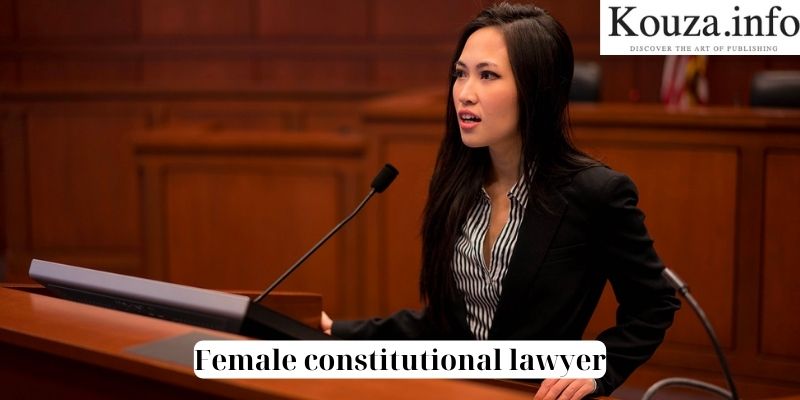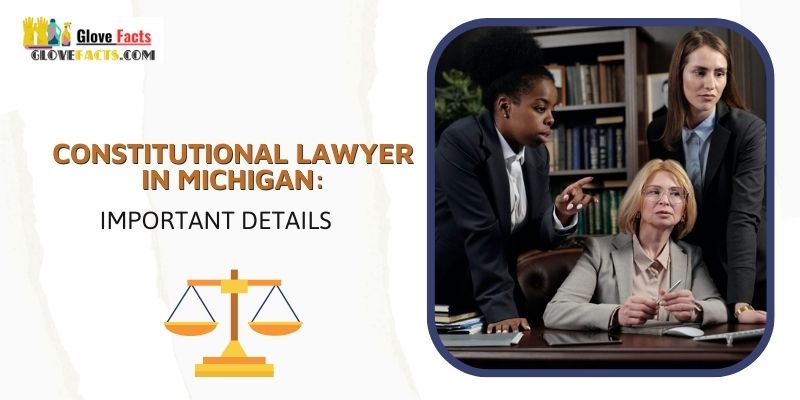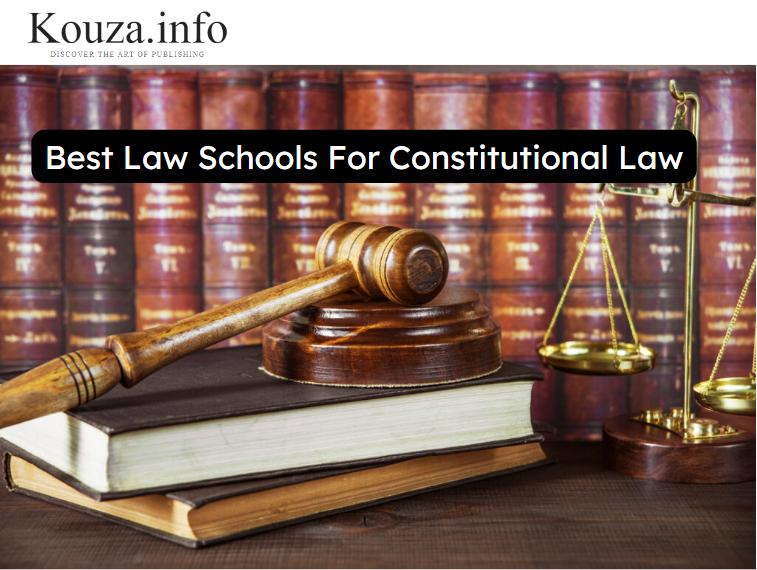Best Exploring the 4 Enduring Constitutional Rights to Privacy in the US
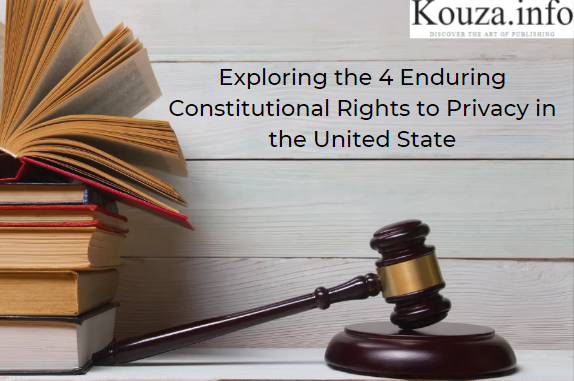
In the age of technology and instant access to information, our knowledge of personal lives and activities can be readily available to others. However, the concept of privacy has long been considered a fundamental right in the United States. This right to privacy is protected by the Constitution, specifically through the Fourth, Fifth, Ninth, and Fourteenth Amendments. In this article, Kouza.info will explore the four enduring constitutional rights to privacy in the United States and their significance in our daily lives.
1. Introduction about Constitutional Rights to Privacy
Privacy is a fundamental human right, and it has been recognized as such throughout history. It is the ability to keep certain information or activities hidden from public view or knowledge. In modern times, the concept of privacy has become even more complex, as our lives have become increasingly interconnected through technology. In the United States, the right to privacy is protected by the Constitution, specifically through the Fourth, Fifth, Ninth, and Fourteenth Amendments.
The importance of privacy in society cannot be overstated. It allows individuals to freely express themselves and make personal choices without fear of judgment or reprisal. It also helps to protect against discrimination and abuse, particularly in areas such as employment, housing, and education. Moreover, privacy is essential to the functioning of democracy, as it allows individuals to engage in political activities without fear of retaliation.
The historical context of constitutional rights to privacy in the United States dates back to the late 1800s, when the legal system began to recognize and protect an individual’s right to privacy in certain areas of their lives. This recognition was spurred in part by concerns about the invasive practices of the press and other private actors. Over time, the legal framework for privacy rights has evolved, as new technologies and societal norms have emerged. In recent years, the issue of privacy has become even more complex, as digital technology has created new challenges for protecting personal information.
Through understanding these rights, we can gain a better appreciation for the importance of protecting our constitutional rights to privacy in an ever-changing world. And, by examining these rights in detail, we can better understand the legal protections afforded to individuals in the United States and the ongoing challenges to maintaining privacy in the digital age.
2. Overview of Constitutional Rights to Privacy in the United States
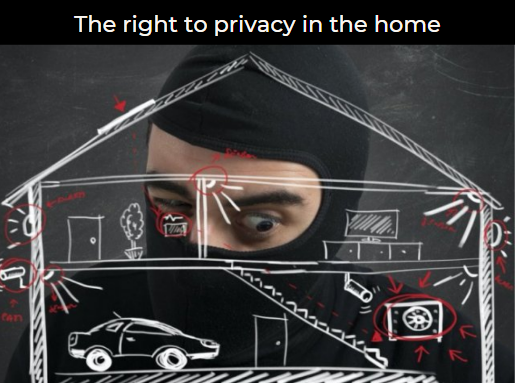
The right to privacy is a fundamental aspect of individual autonomy and freedom. It allows individuals to make personal decisions without interference from the government or other entities. While the Constitution does not explicitly mention the right to privacy, it has been recognized and upheld by the courts as an essential component of the Fourth, Fifth, Ninth, and Fourteenth Amendments.
2.1.The right to privacy in the home – Constitutional rights to privacy in the US
The right to privacy in the home is perhaps the most well-known aspect of this constitutional right. It allows individuals to control who enters their homes and protects them from unreasonable searches and seizures by the government.
The Fourth Amendment specifically prohibits searches and seizures without a warrant or probable cause. This means that law enforcement officials must have a valid reason to enter someone’s home or seize their property, and they must obtain a warrant from a judge before doing so.
The right to privacy in the home has been the subject of many court cases over the years, including the landmark case of Griswold v. Connecticut, which recognized the right to privacy in personal decisions about family planning.
2.2. The right to privacy in personal relationships – Constitutional rights to privacy in the US
The right to privacy in personal relationships is also an important component of this constitutional right. It allows individuals to engage in intimate activities without government interference.
This right was first recognized in the case of Lawrence v. Texas, where the Supreme Court struck down a law that criminalized same-sex sexual activity. The court held that the right to privacy in personal relationships extended to consensual sexual activity between adults.
2.3. The right to privacy in medical decisions – Constitutional rights to privacy in the US
The right to privacy in medical decisions is another critical aspect of this constitutional right. It allows individuals to make informed decisions about their health and medical treatment without interference from the government. This right was first recognized in the case of Roe v. Wade, where the Supreme Court struck down a law that criminalized abortion. The court held that the right to privacy in medical decisions included the right to obtain an abortion in certain circumstances.
2.4. The right to privacy in public spaces – Constitutional rights to privacy in the US
The right to privacy in public spaces is a relatively new aspect of this constitutional right. It allows individuals to move about in public without government surveillance or interference. This right has been challenged in recent years by new technologies, such as surveillance cameras and facial recognition software. Some argue that these technologies infringe on individuals’ right to privacy in public spaces.
Current controversies related to the right to privacy include issues related to reproductive healthcare, surveillance technologies, and data privacy. The right to privacy in medical decisions has been the subject of ongoing controversy and litigation, particularly with respect to access to reproductive healthcare.
Some states have passed laws that restrict access to abortion, while others have passed laws that require individuals to undergo mandatory ultrasounds before obtaining an abortion. These laws have been challenged in court as violations of the right to privacy.
The rise of new technologies has also raised concerns about the right to privacy. Surveillance cameras, facial recognition software, and other technologies have made it easier for the government and other entities to monitor individuals’ movements and activities in public spaces. Some argue that these technologies infringe on individuals’ right to privacy in public spaces and could be used for nefarious purposes, such as racial profiling or government surveillance.
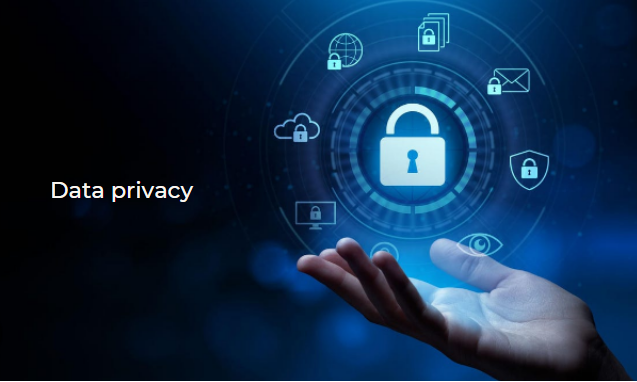
2.5. Data privacy – Constitutional rights to privacy in the US
In today’s digital age, individuals’ personal information is often collected and shared by companies and governments without their knowledge or consent. This has raised concerns about how this data is being used and who has access to it.
Some argue that individuals have a right to privacy in their personal data and that companies and governments should be required to obtain explicit consent before collecting and sharing this information.
In conclusion, the constitutional rights to privacy are crucial for individual freedom and autonomy in the US. Attending one of the best law schools for constitutional law can equip aspiring lawyers with the knowledge and skills needed to advocate for the protection of these rights. Upholding and defending these rights is essential for ensuring personal autonomy and freedom in our society.
Conclusion: So above is the Best Exploring the 4 Enduring Constitutional Rights to Privacy in the US article. Hopefully with this article you can help you in life, always follow and read our good articles on the website: kouza.info

